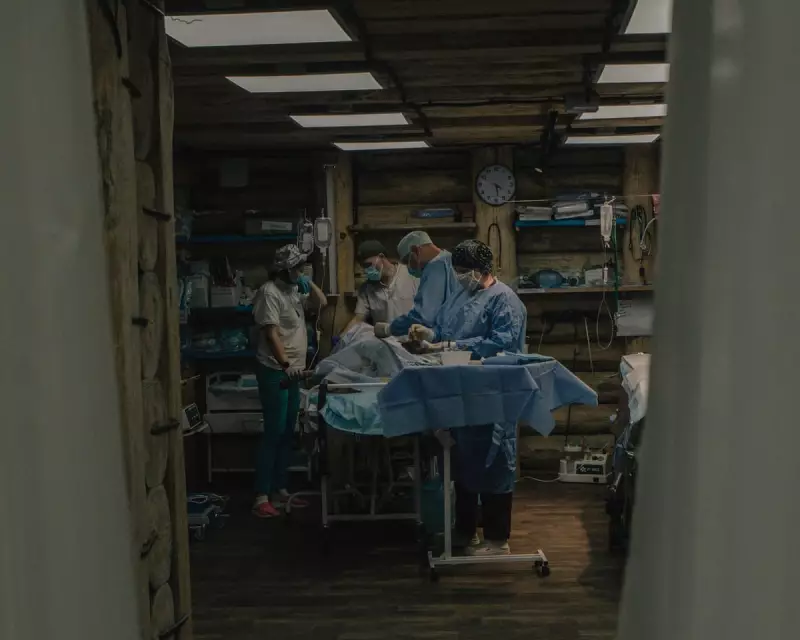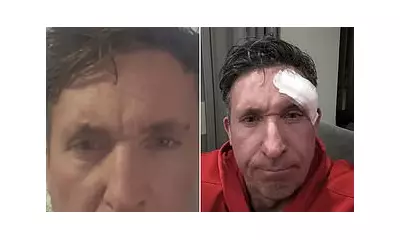
Deep beneath the war-torn landscape of eastern Ukraine, a secret medical facility operates in near-total darkness, its existence known only to those whose lives depend on it. This underground hospital has become a critical lifeline for Ukrainian soldiers suffering devastating injuries from Russian FPV drone attacks.
The Hidden Medical Crisis
Medical staff at this clandestine facility describe treating wounds unlike anything seen in previous conflicts. The precision strikes from cheap, commercially-available drones converted into weapons are causing horrific, complex injuries that challenge even the most experienced battlefield surgeons.
"We're seeing injuries we've never encountered before," explained one surgeon, who requested anonymity for security reasons. "The shrapnel patterns and tissue damage from these drone attacks require completely new surgical approaches."
Operating in Darkness
The hospital's subterranean location presents extraordinary challenges for medical teams. With limited electricity and constant threat of detection, surgeons perform life-saving procedures using headlamps and battery-powered equipment, often working for hours on single patients.
Medical supplies are dangerously scarce, with staff frequently resorting to innovative solutions to stretch resources. The underground environment, while providing protection from aerial attacks, creates additional complications for infection control and patient recovery.
The Human Toll of Drone Warfare
Patients arriving at the facility typically suffer from multiple penetrating wounds, severe burns, and traumatic amputations. The psychological impact on both patients and medical staff is profound, with many soldiers experiencing what medics call "drone shock" - a specific form of combat stress related to the unpredictable nature of drone attacks.
One military medic described the emotional burden: "Every day we see young men with life-changing injuries. The drones are everywhere - they've completely transformed battlefield medicine and the types of trauma we're dealing with."
A Race Against Time
The underground hospital operates as part of a sophisticated medical evacuation chain. Stabilised patients are quickly moved further from frontline areas, but the critical first hours of treatment often determine survival rates.
Despite the overwhelming challenges, the dedication of medical staff remains unwavering. "We're saving lives that would have been lost in any other conflict," said one exhausted doctor after a 18-hour shift. "That's what keeps us going, even when the situation seems impossible."





